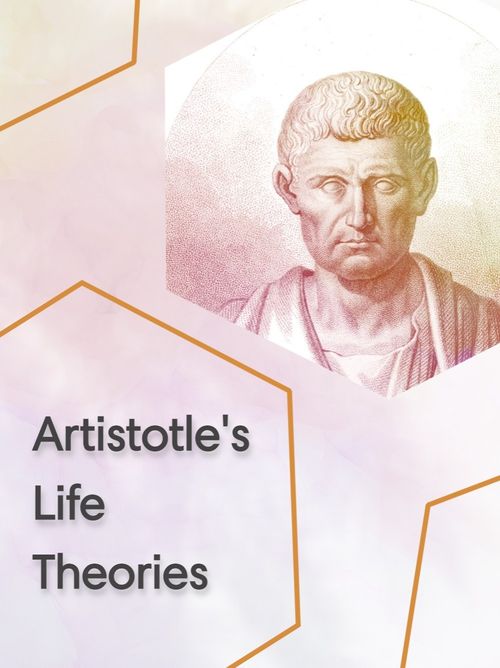What it means to live a good life... according to Aristotle
Sep 10, 2021 · 9 mins read
0
Share
The types of people who fail to attain a truly good life
According to Aristotle, the good life is one where reason is taken into account at all levels. But all too often, we only try to assess whether we’ve led a good life when we come to the end of it. And by then, it’s usually too late. So where do most people go wrong?
Save
Share
Those who stand no chance of living a good life are the people that Aristotle calls ‘evil’. Just as a good action must be voluntary and deliberate, so must be an evil one. Evil people understand the consequences of their actions and choose to act in opposition to virtue.
Save
Share
By definition, an evil person cannot be happy. They may feel pleasure in committing an evil deed, but Aristotle believes that anything gained by acting out of sync with rational virtue is illusory and temporary. Their life is like a bucket of water with a hole at the bottom.
Save
Share
Deliberate ignorance also qualifies as evil. Think of a businessman who spends his adult life chasing big money, but neglects his family in the process. He’s achieving his goals, but only in one part of his life. Failure in the other parts adds up to failure in total.
Save
Share
A more common form of failed virtue is what Aristotle calls a life of akrasia: being weak-willed or lacking self-restraint. This type of person recognizes that their actions are not virtuous but, for one reason or another, falls into temptation and makes poor decisions anyway.
Save
Share
This so-called "incontinent" behavior is due to an imbalance between reason and passion. Imagine being cut off in traffic. Even if you know nothing can be gained from retaliating, anger overpowers reason and you erupt in road rage. This isn't evil; it's simply poor self-control.
Save
Share
The next type of person who struggles to lead an optimal life can be filed under what Aristotle calls enkrateia: self-control, mastery or continence. This person faces the same temptations as the weak-willed person but decides to act in accordance with virtue more often than not.
Save
Share
In terms of actions and consequences, the continent life seems to be a good one. But there is an inner struggle between emotion and rational thought. This person recognizes the correct response yet resists it. That might not seem a big deal, but the dichotomy creates unhappiness.
Save
Share
Eventually, all of us make decisions that Aristotle would consider evil, incontinent, and continent. Perhaps you generally make ethical decisions and do more good than harm, even when it’s difficult. But this cannot be considered an ideal life and is bound to become problematic.
Save
Share
Over time, a “merely continent” person will take some non-virtuous actions. It’s impossible for someone who resists their desires to act virtuously 100% of the time. Therefore, although superior to evil and incontinence, the continent life will not lead to true happiness either.
Save
Share
0
